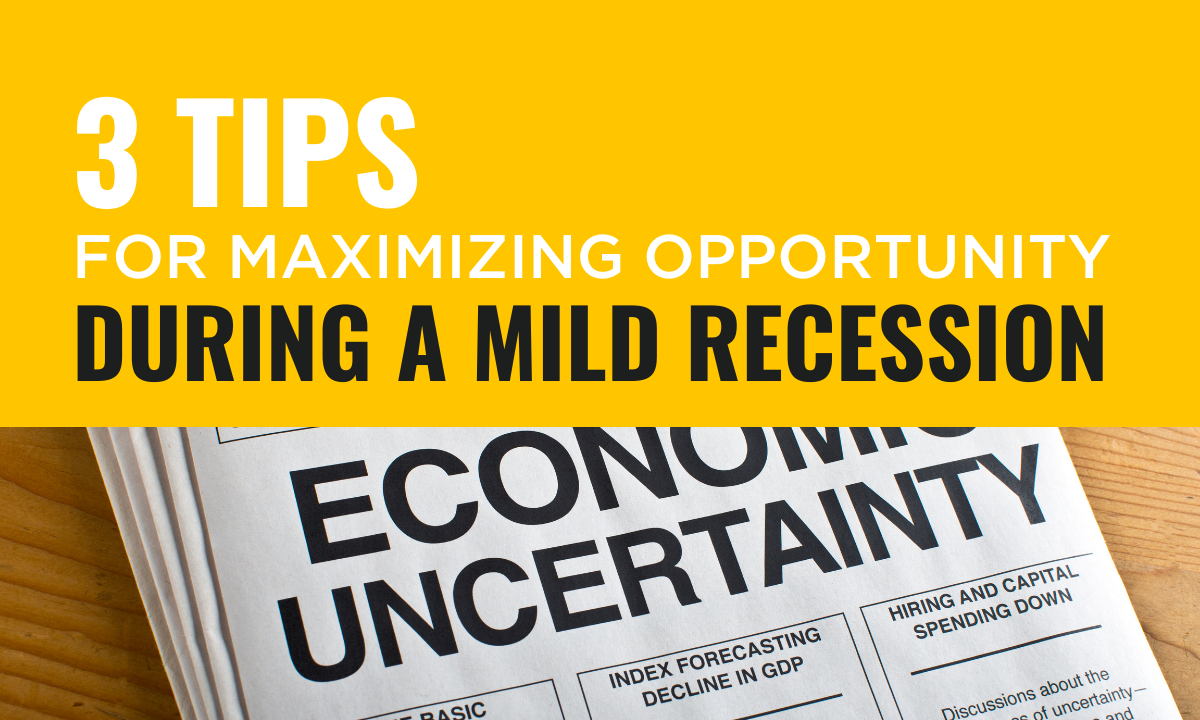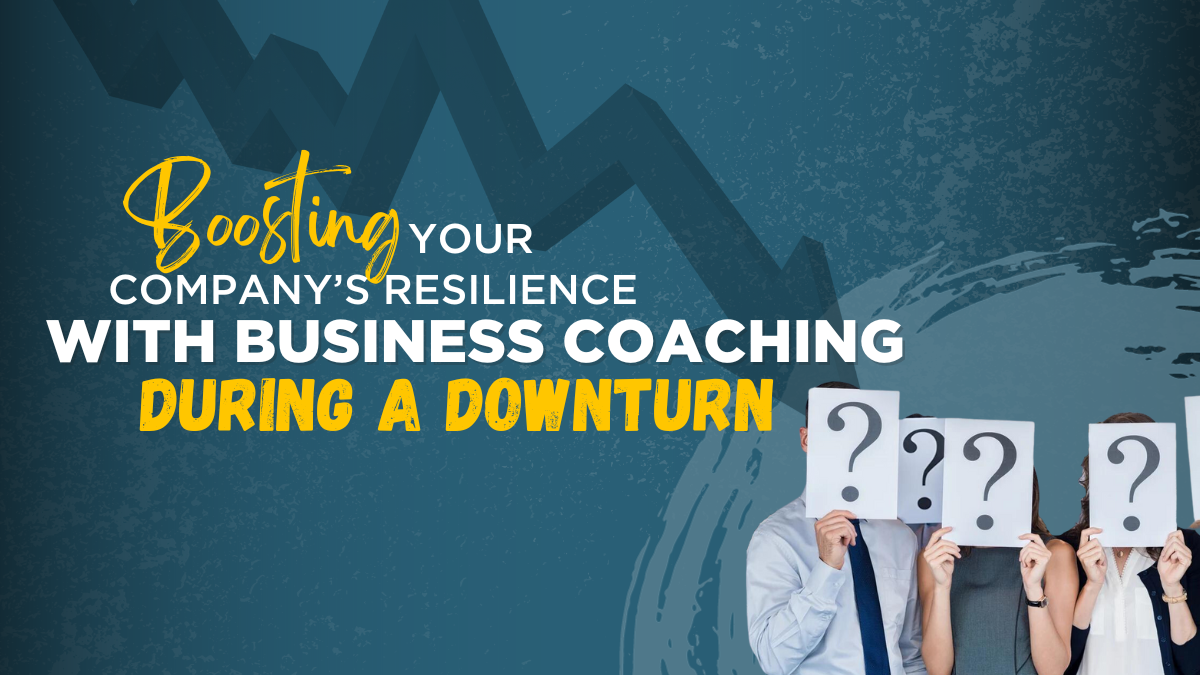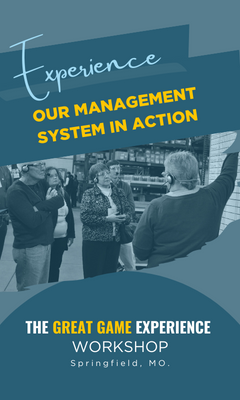Economists are predicting a mild recession in 2024. That means small to medium-sized businesses will have to work a little harder to stay profitable and successful. Luckily, we're breaking down three things businesses can do in 2024 to maximize opportunity and set their businesses up for 5-6 years of consecutive growth.
Read More
One of the fundamentals of the Great Game of Business is MiniGames™, which are short-term, intensely focused, ‘continuous improvement’ campaigns designed to affect a change, correct a weakness, or pursue an opportunity within the organization. There is a team goal, a way to keep score (Scoreboard), and a reward for winning, usually self-funded by the improvements made.
Read More
You’re reading this in early September when the winter holidays are still around three months away. But if you’re an e-commerce or B2C company, you need to start thinking about the holidays in August at the latest because, if the winter holiday season is the key to your success, planning is everything.
Read More
Transparency goes a long way for not just your employees but your business as well. Being transparent with your employees is often underestimated, yet it can be a powerful tool for creating a productive and positive work environment.
Read More
The list of challenges faced by CEOs in the construction industry is long indeed. However, these hurdles can be overcome through the employee-first business philosophy of the Great Game of Business.
Read More
When you hire a business coach from the Great Game of Business, it’s important to make sure you’re getting the most out of the experience. The best way to do that is to prepare yourself accordingly.
Read More
Hiring a business coach? When times are lean, and people are predicting an economic downturn? Yes. Discover several reasons why investing in business coaching during lean times or an economic slowdown can pay off in the long run. The key is to build resilience because it’s the resilient companies that rebound faster. Ready to take the plunge? Keep an open mind as you wonder about your company’s long-term success.
Read More
Cash flow is an important aspect of business. Whether you’re a new business owner or a seasoned pro, it's important to maintain a positive cash flow. Every business needs cash on hand to be able to meet their current obligations and to be able to make investments for the future. Having cash on hand is a simple concept to understand, but it can be difficult to maintain a positive cash flow consistently when you have a lot of expenses and not much income. In this article, we'll talk about ways you can improve cash flow in your business, the difference between cash and profit, and why maintaining a positive cash flow is important—especially during times when a recession may be on the horizon.
Read More
Finding positive employee retention strategies that work for your company is a major undertaking this year. It’s critical that business leaders establish the right strategies in place to deter turnover, encourage productivity, and retain top-quality talent. One of the best ways to achieve this is with open-book methodologies. This post will cover six powerful ways to create your retention strategy and how the Great Game™ methodology helps to achieve successful outcomes in this regard. 1. Purpose 2. Leadership 3. Communication 4. Culture 5. Compensation 6. Evaluation
Read More
In a survey conducted in 2020, American adults answered a list of personal finance questions. Only 52% of those adults answered the survey questions correctly. But those results are really no surprise. After all, only 15 states in the US even guarantee high schoolers will take at least one semester of personal finance before graduating.
Read More

.png)










.png)




.png)



-5.png)

